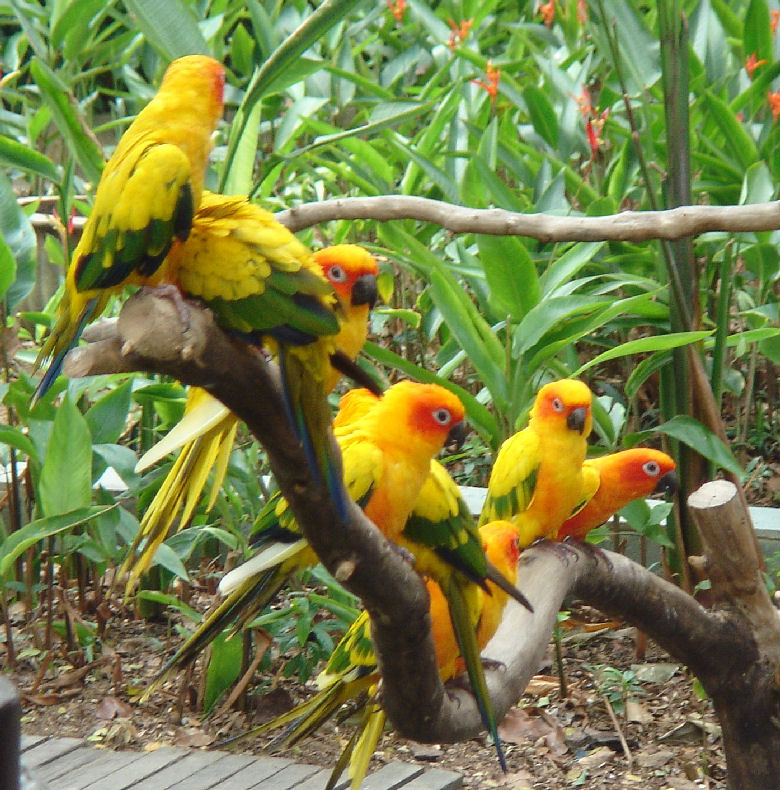199.WHAT IS INSTINCT?
Most of us think that every action we take is voluntary — that we sit down and stand up because we want to, or shake hands because we want to, and so on.
But the actions of people and all living things are really not so easily explained. For example, as you ride a bicycle, you may make dozens of motions without even thinking about them as you do them. These actions are the result of learning and experience.
Now, suppose you touch something hot and instantly draw your finger away. You didn’t even think of taking your finger away—you just did it. This action is a reflex action.
Now we come to a third kind of action that takes place without thinking on your part. You are hungry. You don’t always tell yourself, “I am hungry, I will look for food.” You just go about getting food. This kind of action might be described as an instinct.
Whether or not human beings really have instincts (such as seeking food, caring for one’s young, etc.) is something psychologists are still not agreed upon. But we know that other animals act by instinct. An instinct is an action that accomplishes a certain objective without thinking on the part of the doer.
For example, a bird building a nest gathers sticks, grass, fibers, or down. It then arranges them upon a branch or ledge in such a way that the nest has a certain height and stability, and is like the nest of other birds of the same species. The only thing that can explain such behavior is instinct.
An instinctive action is always carried on because there is some natural stimulation inside the creature (such as hunger, fear, the desire to mate). In fact, it is quite probable that the secretions of certain glands in the body cause the bird or animal to perform what we call an instinctive act. Seeking food, mating, maternal care, migration, and hibernation are all related to the actions of the glands in a bird.
Almost all living animals have some instinctive behavior to satisfy some vital need of the body.



Leave a Reply